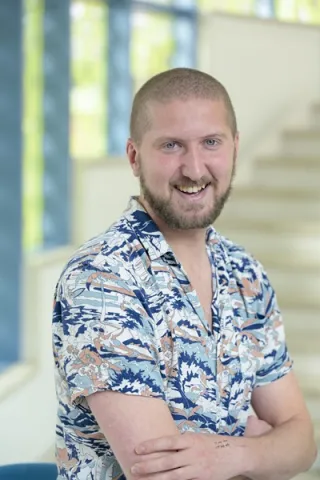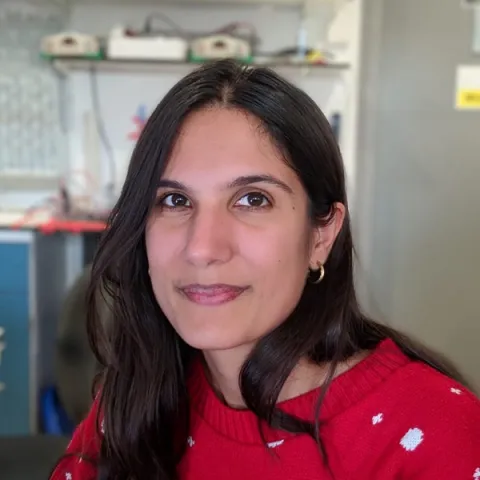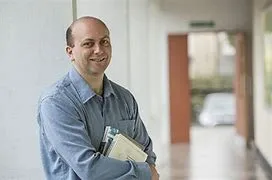About the project
This project aims to develop improve chemotherapy for pancreatic cancer patients using a combined prodrug-drug delivery approach. This project is highly interdisciplinary and you will receive training in a variety of chemical and biomedical techniques, including state of the art organoid development.
Difficulties in diagnosis and poor treatment response gives pancreatic cancer a dismal 5-year survival rate of around 10%. The key predictor of long-term survival for patients suffering from pancreatic ductal adenocarcinoma (PDAC), the most common form of pancreatic cancer, is removal of the tumour. However, as many patients are diagnosed at stage 3/4, this can be impossible as a first line therapy. Chemotherapy can be used to shrink the tumour; however, the toxic side effects of this treatment can render patients too sick to undergo the lifesaving surgery.
This interdisciplinary research project will combine recent advances in prodrug and material design to create cancer responsive material scaffolds to deliver drugs selectively and safely, improving their efficacy and reducing their side effects.1,2 These novel therapeutic materials and agents will then be tested using state of the art 3D cell culture techniques and patient derived tissue samples,3,4 working with our collaborators in University Hospital Southampton.
This project will be split across our labs; Dr Williams (Chemistry), Dr Prior (Biosciences) and Prof Evans (Medicine) and you will gain expertise in:
• Synthetic organic chemistry
• Characterisation techniques
• Material characterisation
• Fluorescence and UV Vis spectroscopy
• 2D and 3D cell culture
• Advanced Fluorescence microscopy and 3D imaging
This project aims to deliver a new technology that will change the lives of pancreatic cancer patients. The ideal candidate will have a background in chemistry or cancer biology, but with exposure to the other discipline, however we are interested in hearing from anyone with suitable alternate experience.
You will be joining growing and dynamic groups and will benefit from access to expertise provided by an extensive collaborative network, whilst also taking advantage of the world leading facilities based at the University of Southampton.
1. Chem. Commun., 2020, 56, 5516-5519
2. Eur. J. Med. Chem., 2020, 207, 112670
3. BMC Dev. Biol., 2020, 20, 4
4. Gut., 2019, 68, 2228-2237


